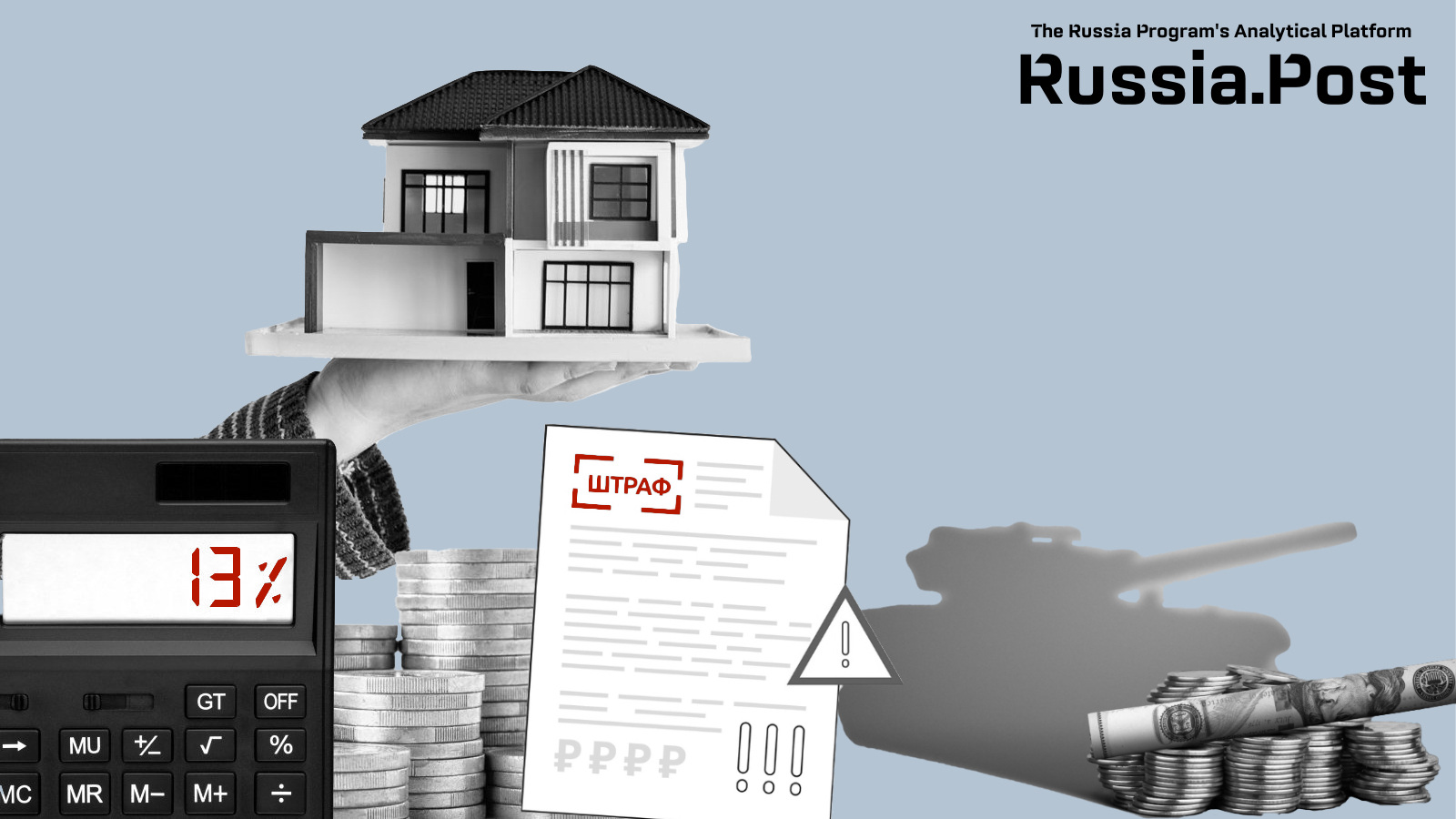- cross-posted to:
- world@lemmy.world
- news@beehaw.org
- cross-posted to:
- world@lemmy.world
- news@beehaw.org
cross-posted from: https://feddit.org/post/4186692
The Russian budget now consistently runs a deficit, squeezed by a slowing civilian sector of the economy and burdened by a defense sector that has ballooned to account for more than 40% of all fiscal expenditures. Last year, the Ministry of Finance, in its draft budget for 2025-26, planned for a wind-down of military spending to previous levels. However, with the war dragging on and the postwar needs to replenish depleted arms stockpiles growing, it now envisages elevated spending on defense and national security until the end of the budget planning window in 2027.
The deficit is thus here to stay, and there is little doubt that its actual size will be bigger than planned: if we have to buy shells and even soldiers from North Korea, while the federal budget pays Russian citizens RUB 400,000 just for signing up for the army (with some regions already offering an additional RUB 3 million), then the 0.5% deficit planned for 2025 will hardly be the end of it.
This means additional revenues are needed. But where to source them?
The obvious answer is big business. And that’s what happened at the beginning of the war. For example, since its introduction in 2023, the windfall tax has brought in RUB 318.8 billion […] Because of the windfall tax, combined with the loss of the European gas market and a normalization in gas prices, Gazprom reported a colossal loss of RUB 629 billion for 2023, becoming the most unprofitable company in Russia.
[…]
From January 1, 2025, a new, progressive personal income tax will come into effect: the state’s take on annual income of RUB 2.4 million or higher will increase from 13% to 15%.
[…]
Importantly, the tax burden on individuals was never as low as it is commonly believed: in reality, the average Russian paid about 53% of his earnings to the state. But the trick was that he saw the flat 13% personal income tax, while propaganda convinced him that this was it.
Contributions to various funds – pension, social and medical insurance – are taken out of employees’ salaries by employers. Not to mention the 10-19% VAT that everyone pays when they make any purchase. But Russians for the most part do not think about or simply do not know about these charges, often believing that since employers make social payments, the money comes out of someone else’s pocket.
It is precisely this lack of understanding that the Russian authorities are seemingly trying to take advantage of. When you look closely, you see that all the new levies are hidden so that the money can be extracted as inconspicuously as possible.
[…]
The proposed automated tax payments for small business [which would mean small-business owners could not challenge automated payments] will go completely unnoticed, though this measure alone, with skillful manipulation of how the tax bill is calculated, could provide a tangible boost to the budget. After all, if the overcharge is slight, taxpayers, as a rule, will not dispute it – it is more expensive to take it to court.
Meanwhile, the introduction of a **tax on childlessness **is being hotly debated – advocates want to make it rather painful. If it is really set, as proposed, at RUB 30,000-40,000 per month (which is still unlikely), it will be trumpeted as promoting fairness: after all, someone’s children will have to pay for the pensions of the childless.
With excise duties on petroleum products, alcohol and sugary drinks, it is even easier: people typically do not attribute higher prices for gasoline and food to excise duty hikes, instead blaming “greedy traders.”
[Edit title for clarity.]
Right those without children will not have children paying into their pensions, so they want to tax what it would normally cost to raise a child? But don’t the childless also fund schools and daycare and whatnot through the taxes they pay?
A large tax for adults without a child is absolutely insane.
Username checks out.


